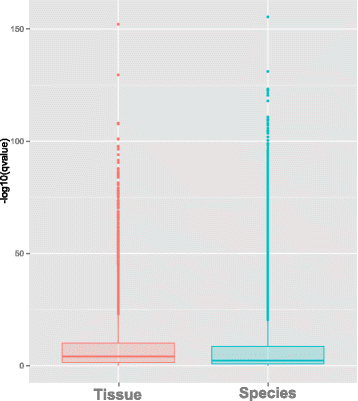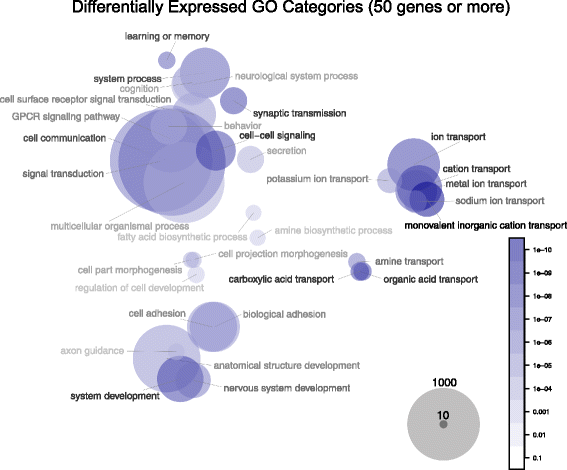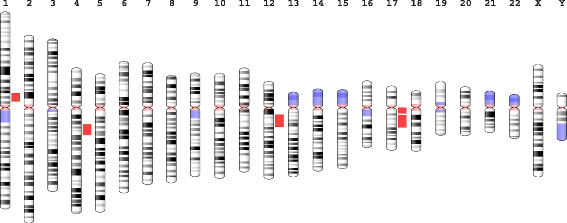Gene expression and adaptive noncoding changes during human evolution
- PMID: 28583075
- PMCID: PMC5460488
- DOI: 10.1186/s12864-017-3831-2
Gene expression and adaptive noncoding changes during human evolution
Abstract
Background: Despite evidence for adaptive changes in both gene expression and non-protein-coding, putatively regulatory regions of the genome during human evolution, the relationship between gene expression and adaptive changes in cis-regulatory regions remains unclear.
Results: Here we present new measurements of gene expression in five tissues of humans and chimpanzees, and use them to assess this relationship. We then compare our results with previous studies of adaptive noncoding changes, analyzing correlations at the level of gene ontology groups, in order to gain statistical power to detect correlations.
Conclusions: Consistent with previous studies, we find little correlation between gene expression and adaptive noncoding changes at the level of individual genes; however, we do find significant correlations at the level of biological function ontology groups. The types of function include processes regulated by specific transcription factors, responses to genetic or chemical perturbations, and differentiation of cell types within the immune system. Among functional categories co-enriched with both differential expression and noncoding adaptation, prominent themes include cancer, particularly epithelial cancers, and neural development and function.
Keywords: Adaptation; Gene expression; Gene function; Gene regulation; Human evolution.
Figures




References
-
- Shibata Y, Sheffield N, Fedrigo O, Babbitt CC, Wortham M, Tawari AK, London D, Song L, Lee B, Iyer VR, et al. Extensive evolutionary changes in regulatory element activity during human origins are associated with altered gene expression and positive selection. PLoS Genet. 2012;8(6):e1002789. - PMC - PubMed
Publication types
MeSH terms
Substances
Grants and funding
LinkOut - more resources
Full Text Sources
Other Literature Sources

